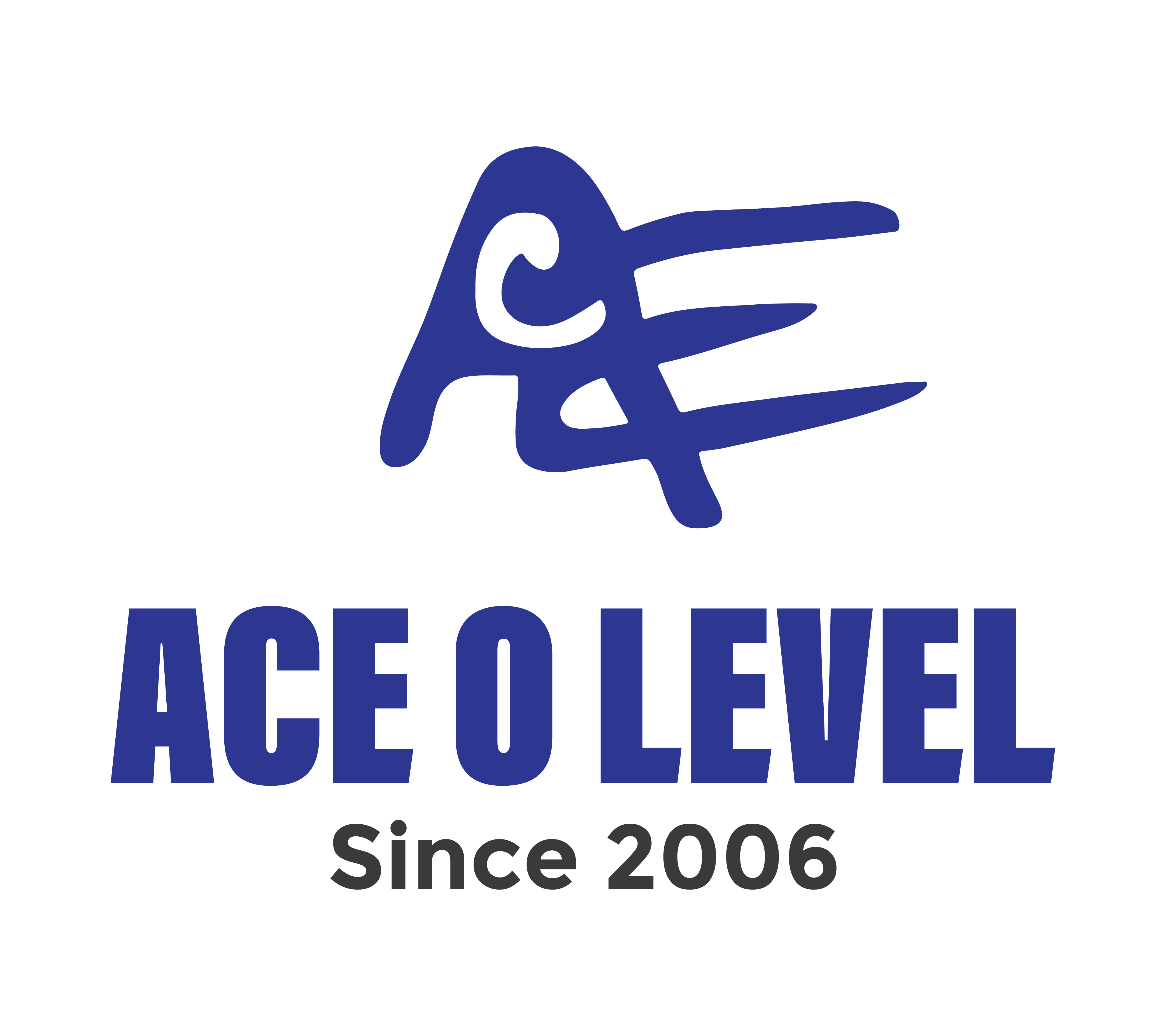
Recent changes to the A Level curriculum have introduced several modifications aimed at improving student learning and assessment. The biggest shift is from modular to linear assessments, meaning students now sit for exams at the end of their courses, which encourages a deeper, more comprehensive understanding of subjects. Additionally, the role of coursework has been reduced in many subjects, while practical assessments have become more streamlined. These changes also affect how universities calculate scores, focusing more on final exam performance, which reflects the student’s overall knowledge and ability.
These curriculum reforms are designed to enhance the rigor of A Levels, promoting critical thinking and sustained subject engagement. By eliminating continuous assessments and emphasizing end-of-course exams, the updated system ensures that students are better prepared for the demands of university-level study. Additionally, universities are now adapting their scoring systems to align with these revisions, making it easier for students to transition from A Levels to higher education.
In summary, the new A Level curriculum is built to provide students with a clearer, more focused academic pathway. The changes promote a stronger understanding of the material while reducing the pressure of constant assessments. With universities now adjusting their entry requirements in line with these modifications, students can expect a smoother journey from secondary education to university.





